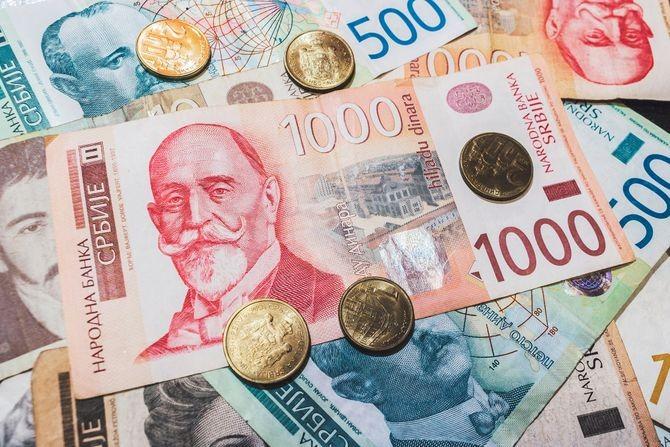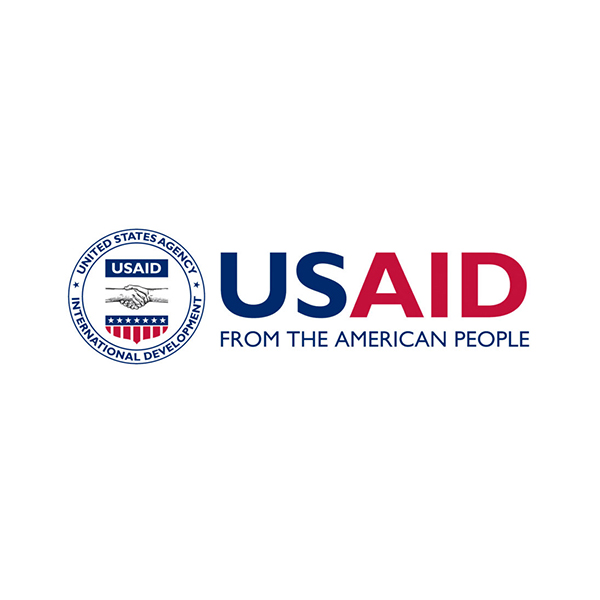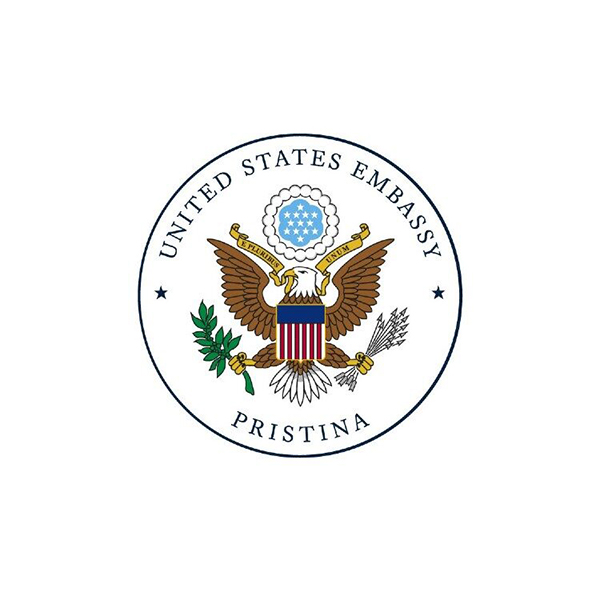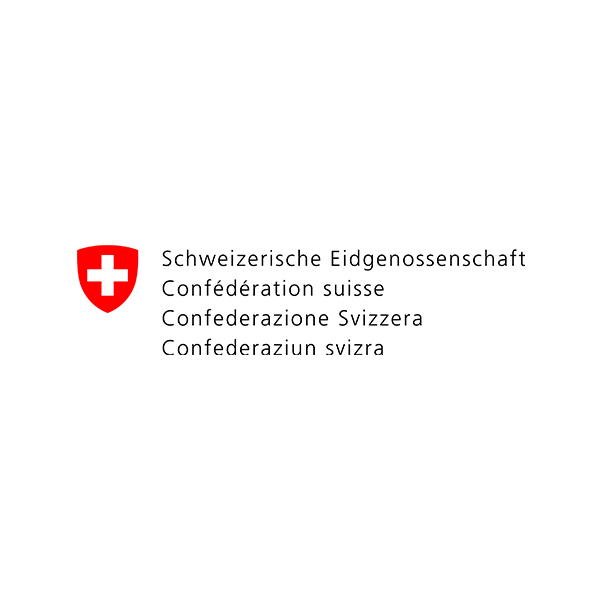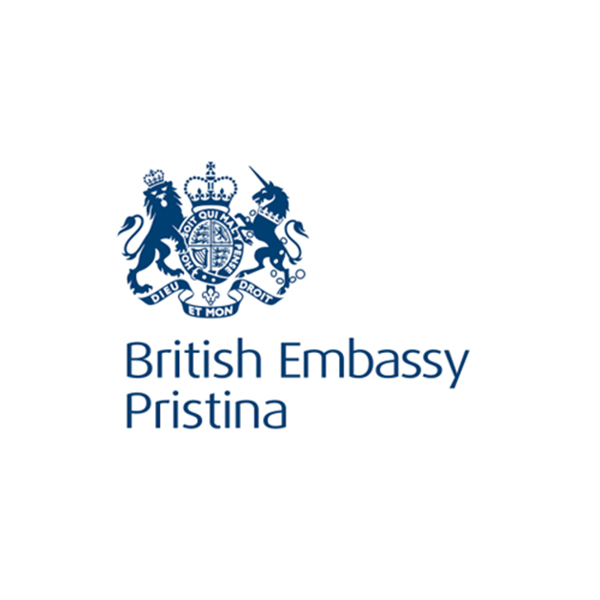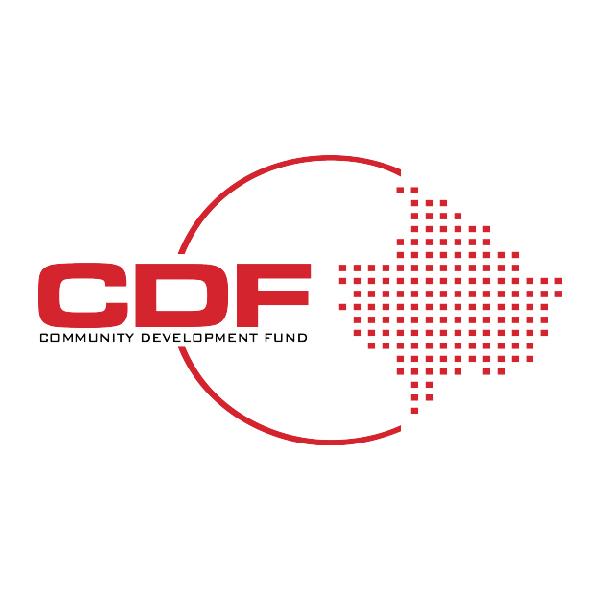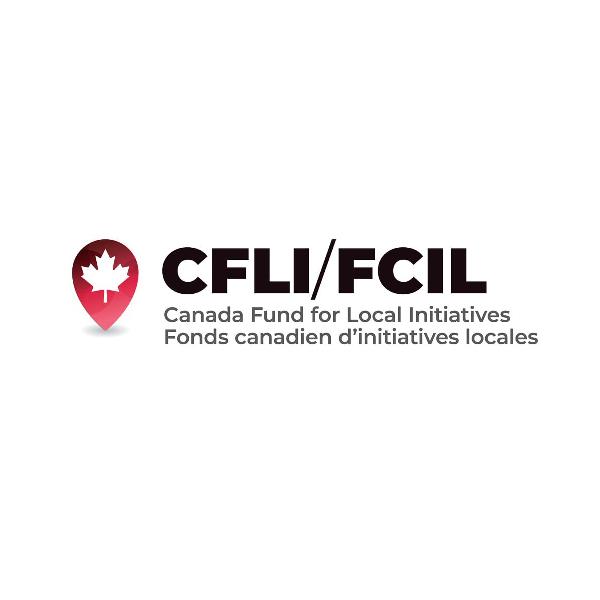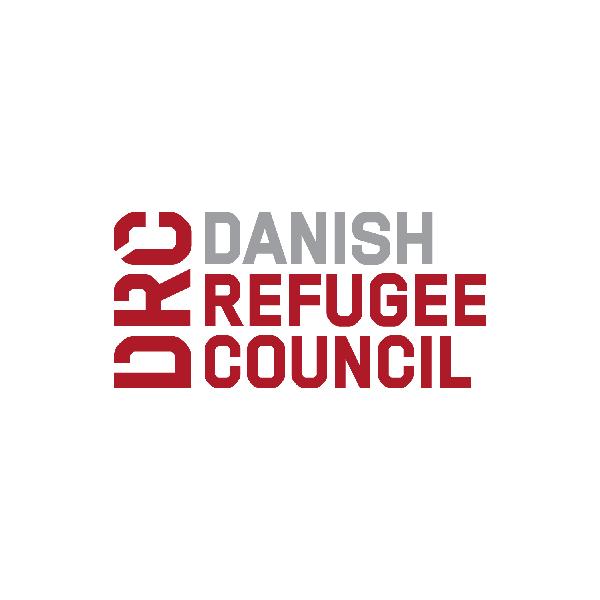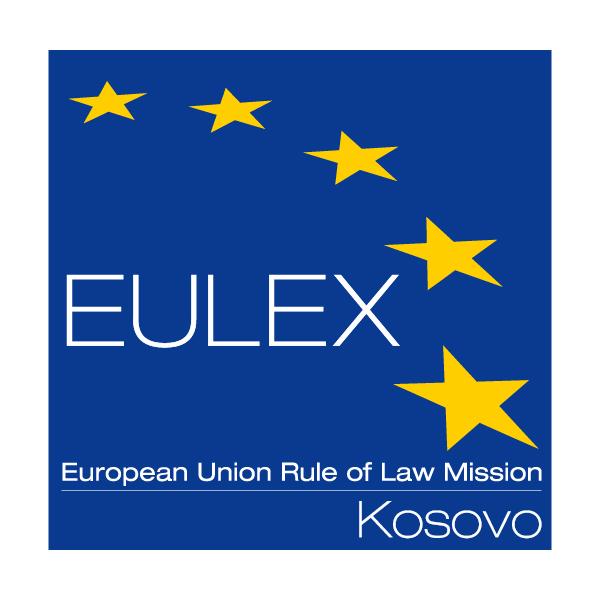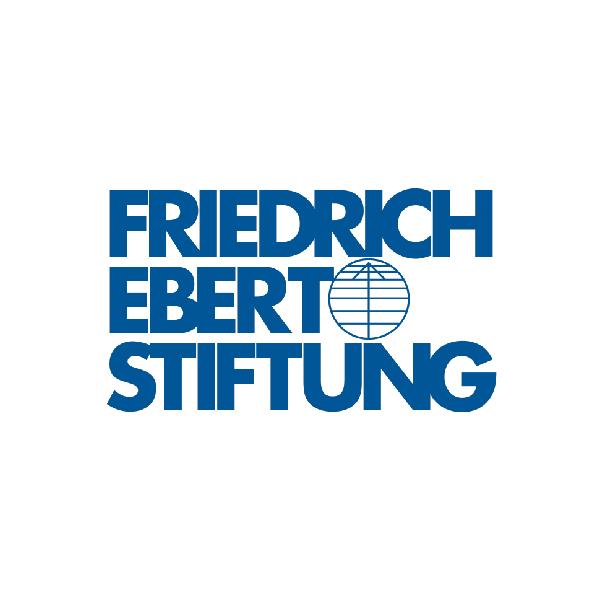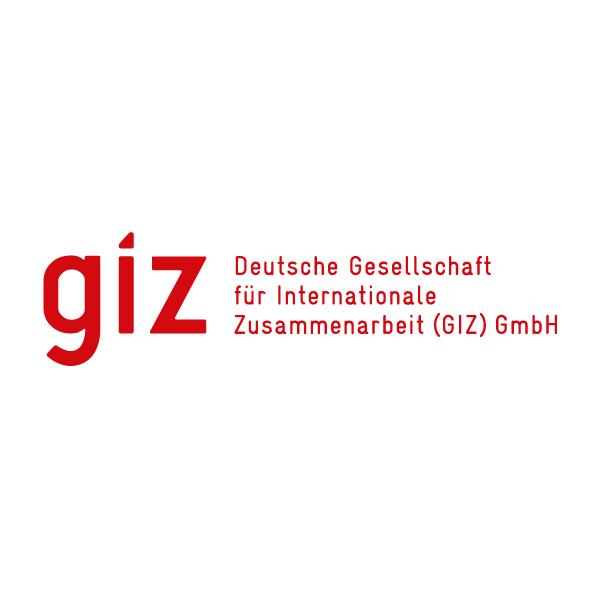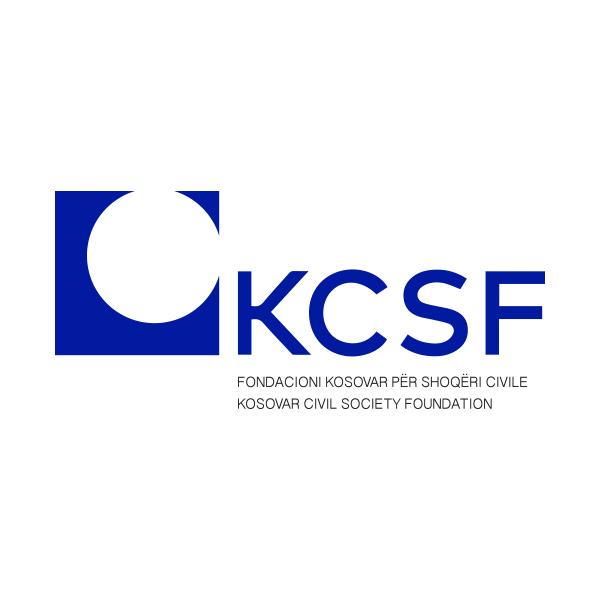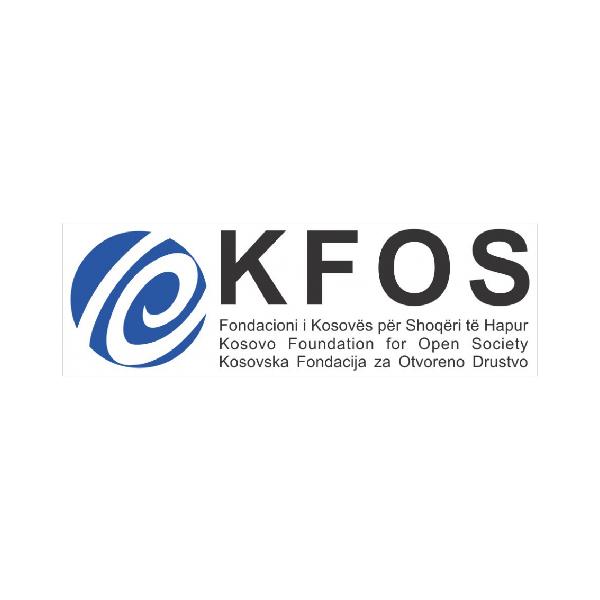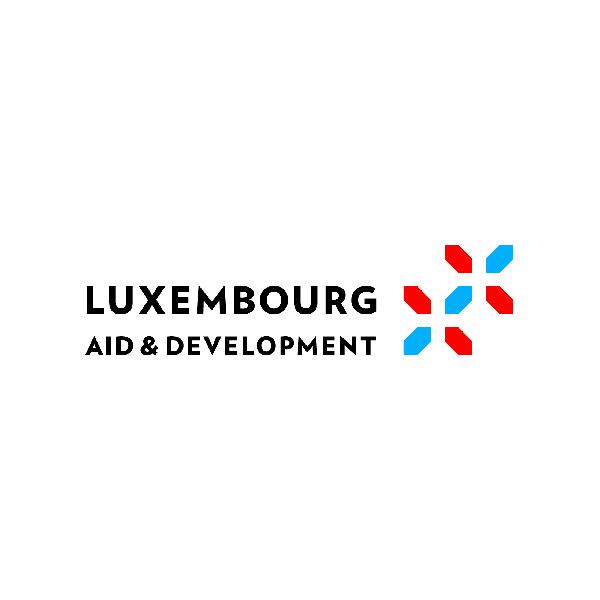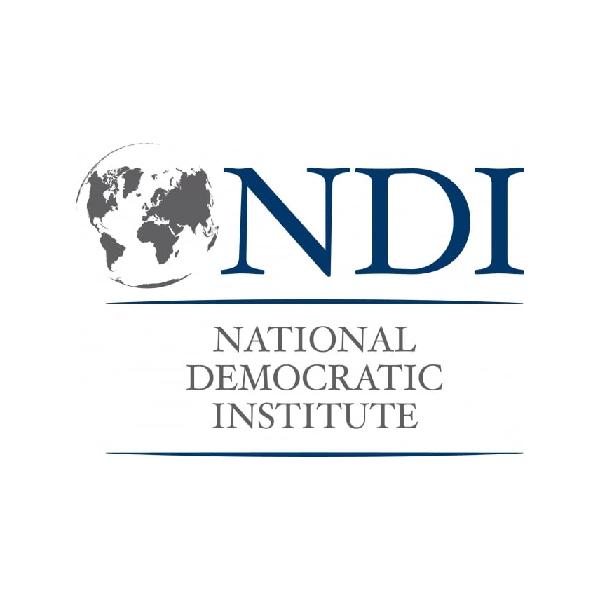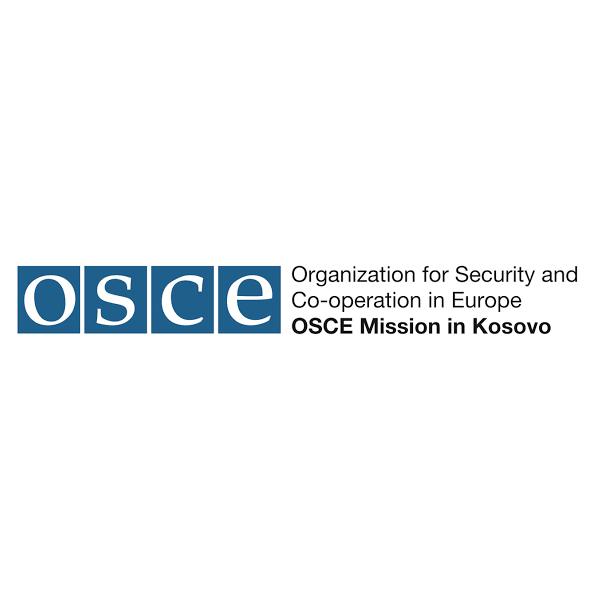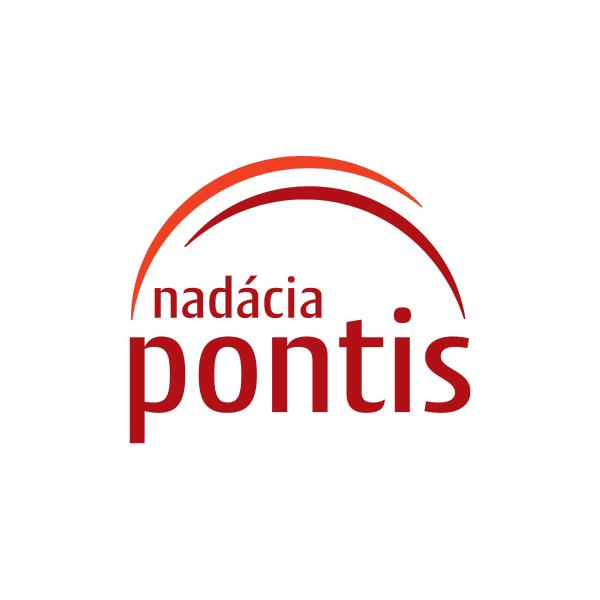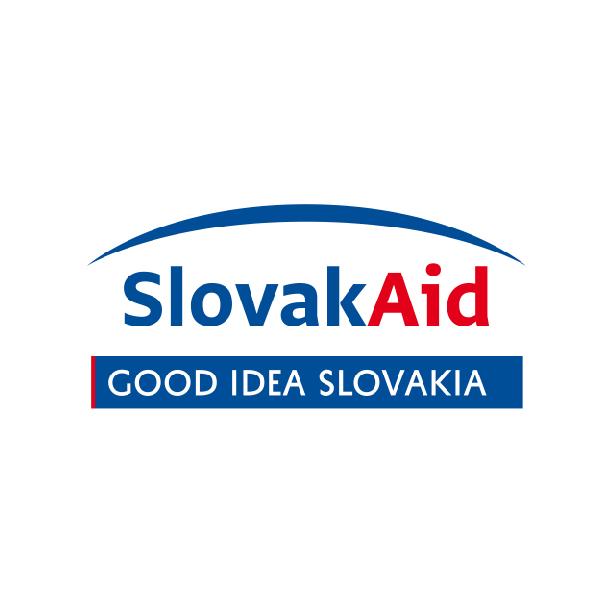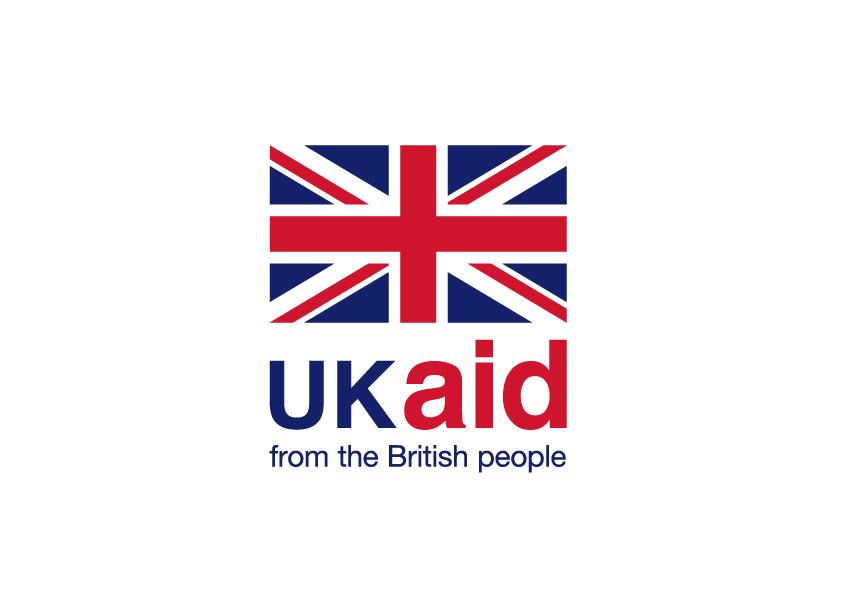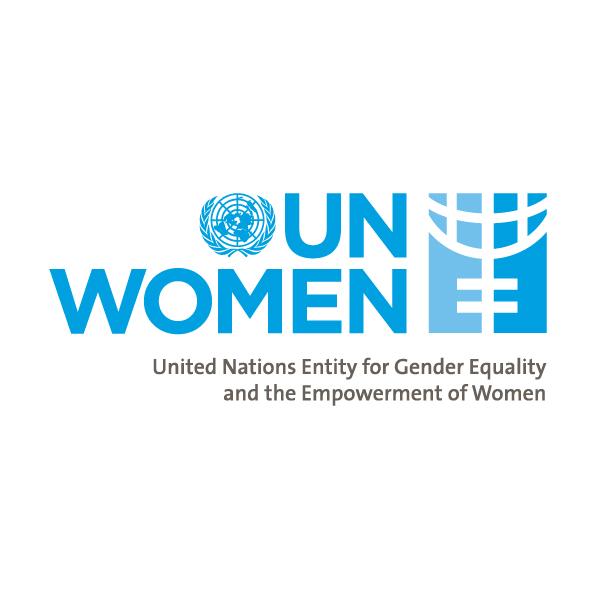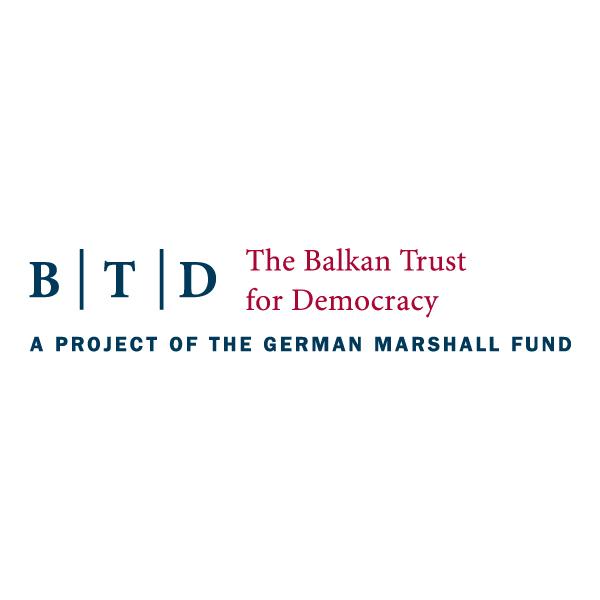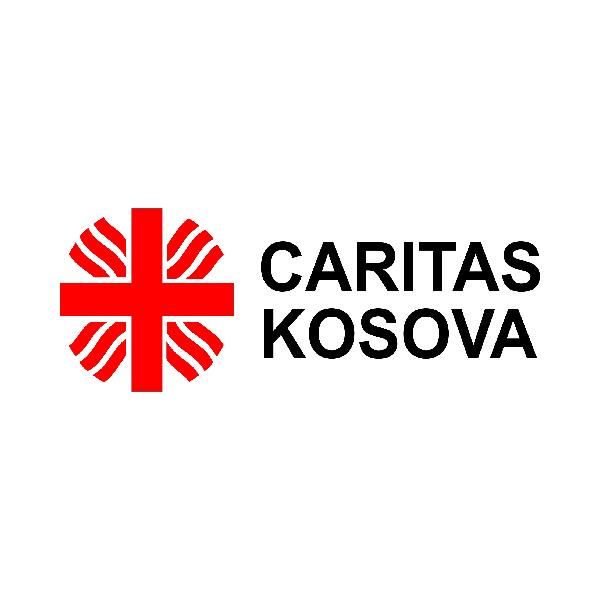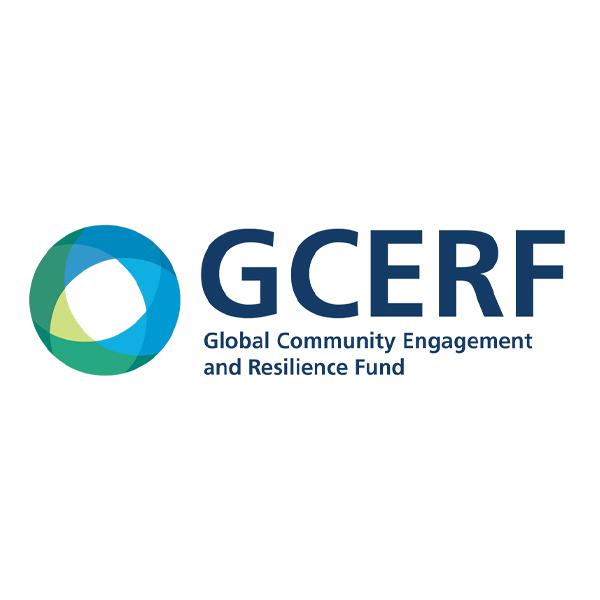Background
In February 2024, the Central Bank of Kosovo published a communiqué stating that the euro is the only currency in Kosovo. On February 29, NLB Komercijalna banka, the only bank that could legally use and exchange dinars, announced the closure of its branches throughout Kosovo. Poštanska štedionica (Postal Savings Bank) remains the only bank that operates using dinars in Kosovo. Convoys transporting dinars to Kosovo have been stopped. Post offices are out of money, while Poštanska štedionica was initially making payments in euros with a limit of 100 euros per day. After a few days, payments were made in dinars with a daily limit of up to 10,000 dinars[1]. The Prime Minister of Kosovo and CBK stated that everyone can easily open bank accounts in euros and that euro is used as means of payment in the cafés in Mitrovica[2][3]. Petar Petković and Aleksandar Vučić claimed that these moves by Pristina are directed against the Serbian community, in order to drive the Serbs out of Kosovo, which might cause a humanitarian disaster.[4] In order to facilitate the disbursement of money, Poštanska štedionica has opened temporary mobile banks along the administrative line, in the immediate vicinity of major administrative crossings[5]. Meanwhile, a group of lawyers raised the issue before the Constitutional Court of the constitutionality of the authorities’ decision to ban the inflow of dinars[6]. In this situation, citizens who receive incomes from Serbia in dinars, such as pensioners, recipients of social welfare benefits, disability benefits, children’s allowance, salaries and many other remittances, are left without a solution to their problems. For many people, getting the supply of basic food products is difficult, while for some it is made impossible.
Methodology
NGO Aktiv has taken note that the problems of citizens who receive income and other benefits in dinars have not been sufficiently investigated, along with the lack of a thorough approach to these issues. In order to collect relevant data and make the matter more accessible to the general public, both local and international, NGO Aktiv has opened two telephone lines [7]which the residents can use to report the problems they are faced with ever since CBK Regulation was enacted (Central Bank of Kosovo). Besides wanting to bring this topic closer to people, we are hopeful that being informed about this issue will contribute to a swifter resolution of the problem.
Introduction
Citizens who were calling the numbers provided by NGO Aktiv were from all over Kosovo, representing different nationalities and religious communities that are present in Kosovo. Members of the Serb community were the ones who called most often, which is not surprising, since the media that published telephone numbers were mostly in the Serbian language and had a large readership and viewer base within the Serb community. In contrast, a smaller number of people from the majority-community used these telephone lines. Although this initiative is important for all citizens, one should bear in mind that this has especially affected the marginalized communities, which are most often non-majority communities in Kosovo. Non-majority communities are especially faced with difficulties due to discrimination in the domain of employment and other areas in which they exercise their rights. Many of them depend on social benefits from Serbia, which are paid in dinars. Pensioners often do not have sufficient funds for basic necessities such as medicines and food. Campaigns whose goal was to inform the public were not effective, and they did not respond to the pressing problems of citizens on how to gain access to current income, social benefits, etc. Problems that were invisible at the first glance remained unexplored, and solutions for people who receive money from Serbia were missing. The information that was being provided was often available solely in Albanian language, and was quite often inaccurate, or was not useful to people who are mostly senior and have a lower education, or who mostly are not digitally literate.
The solutions that were offered by Belgrade and Pristina, mainly by President Vučić, Director of the Office for Kosovo and Metohija and the Prime Minister of Kosovo, often sounded epochal and final[8]. However, the solutions are far from adequate, and they are often at the service of daily political disputes, the consequences of which directly affect the citizens.
Technical information
Poštanska štedionica (Postal Savings Bank) :
At the moment, this is the only bank in Kosovo that operates in dinars. All other banks in Kosovo use the euro as their base currency. This bank has branches only in Leposavić/Leposaviq, Zvečan/Zveçan, Zubin Potok and Mitrovica. As a direct consequence of the ban on payment operations in dinars, Poštanska štedionica has introduced a daily withdrawal limit of up to 10,000 dinars. Also, the bank’s ATMs are currently out of order.[9]
Post of Serbia (national postal service provider):
The Post Office is one of the institutions of Serbia that operates in Kosovo and has a crucial role in the process of disbursement of pensions through checks, as well as in their cashing. It has its branches in almost all places in Kosovo. However, following the Regulation of the Central Bank of Kosovo (CBK), the lack of money in the Post Office is preventing the normal payment of checks, which seriously disrupts the daily life of citizens.
NLB Komercijalna banka: The only bank in Kosovo that had the permission to legally operate using was closed on February 29, 2024.
Problems which residents are faced with
The most common and biggest problem which residents are facing is the inability to withdraw their income that comes in the form of checks, such as pensions, social benefits and children’s allowances. These residents, usually older or with a lower level of education, do not have the opportunity to access their income because the only way to do this is to change the way they receive from the Post Office to the bank. However, this is extremely difficult for many of them since the banks are often more than 150 km away from their place of residence. This especially applies to residents of remote places such as the village of Goraždevac/ Gorazhdec near Peja/Peć, who are forced to travel 130 km to the nearest place in central Serbia in order to gain access to their income. The cash withdrawal limits at Poštanska Štedionica ATMs is 50,000 dinars[10], which additionally complicates the situation that is already complex and causes unnecessary expenses for the citizens whose monthly incomes are above the withdrawal limits, thus forcing this category of the population to enjoy their right via multiple trips to ATMs .[11] Besides, even when they open bank accounts, their problems are not solved because banks cannot accept payments that are already made at post offices (which cannot be cashed). This means that these people have to travel again, using the same road, to take the checks that are in the post offices that are closest to their place of residence, to the banks that do business in dinars.[12] An additional problem is that a large number of citizens who earn their monthly income are mostly senior, they are often not very mobile, and most often do not have enough money or, due to insufficient mobility, they rely on the support of family or friends. The way in which they cope and are getting by greatly affects their purchasing power and without any doubt affects the quality of daily life of the most vulnerable group of citizens. Some of the remarks we have recorded relate to the most basic needs of a person: “This is mere survival, and I will soon be left with nothing”. “I am poor, I have three children, sick parents and a wife and I have no means of providing food for them, how will I make do without this money”. The situation is critical for a lot of people who live in Kosovo and depend on dinars. No one hears their appeals, and they urgently need help. The situation is further aggravated because people who receive funds through checks that arrive in post offices and are cashed in there after which the mailpersons bring these funds in cash to beneficiaries of this social benefit have indicated to us that the funds are frozen if they are not withdrawn within 10 days of receipt, until the next payment arrives, when the same rules are being applied again. If the money is not withdrawn within 3 months’ time, the contract with institution that provide this social benefits sich as PIO Faund, Social securety center etc… will be annulled, which further deepens the tension in the already demotivated community.
Daily withdrawal limits
Daily withdrawal limits and the shutdown of ATMs due to the lack of dinars in banks have created long queues in front of the few remaining banks that operate using dinars in Kosovo. People wait in queues for up to 2 hours. In addition, a situation known as a “positively progressive spiral” has been created, in which people know that there is little money in the banks, and thus they create a crowd, often without any need. This encourages other people to join in, creating a vicious circle that offers little hope for improvement. Even making deposits has become dramatically more difficult due to huge queues, and so, even those who would like to deposit money in a bank to ease the situation are faced with obstacles.
POS terminals or terminals for withdrawal of money i.e. ATMs of banks that operate in euros
Card payment terminal or rather POS terminals or ATMs of banks that operate in euros are extremely rare, and in many places not even one is available. Even in larger cities, the number of these terminals is very limited. An additional problem is the fact that most people who receive income in dinars use the Dina card, which is in circulation only on the territory of the Republic of Serbia, which makes it difficult to carry out transactions. Some ATMs of banks that operate in euros have, without prior notice, removed commissions from some ATMs, as we have learned from conversations with citizens who contacted us. Additionally, there is yet another problem with the Dina card, which is not compatible with ATMs of banks operating in euros, which makes the access to money and transactions difficult.[13]
Temporary banks “in Serbia, in the vicinity of ABL with Kosovo”
Banks that were placed around the administrative line are a solution that has not received the support of citizens, considering that most of the people who go to the nearest bank that operates in dinars usually prefer to travel to cities in Serbia for shopping, because the offer of goods there is bigger, and the prices are lower. Even for those who decide to use these ATMs, they face withdrawal limits of up to 50,000 dinars which is the bank’s policy, as explained to us by the citizens who contacted us. Some of them noted that these solutions do not mean much because the distance to these banks is often too big to be useful. “These banks were placed for one reason alone-so that the politicians can take pictures in front of them” one of the people who contacted us told us.
Community of Roma, Ashkali and Egyptians
Apart from Serbs, the community of Roma, Ashkali and Egyptians (RAE) is one of the largest non-majority communities in Kosovo and are among the most vulnerable, which (just like the Serb community) depend on remittances in dinars. In addition to the low level of education and various forms of discrimination, this community is now faced with insufficient information about the emerging problem related to difficult access to money, which, along with often unsatisfactory access to information of public importance and somewhat poorer knowledge of the Serbian language, complicates their position which is already difficult. It is estimated that around 3,000 families of this community are directly threatened, and around 8,000 citizens, including children, are put in an extremely difficult position.
One of the representatives of this community stated that:
The Regulation of the Central Bank of Kosovo, made recently, affected not only the Serb community, but also other non-Albanian communities such as Roma, Ashkali and Egyptian. “During conversations with people in the municipalities of Obiliq/Obilić, Gračanica/Graçanicë, Fushë Kosovë/Kosovo Polje and Lipjan/Lipljan, I concluded that over 3,000 Roma families are at risk, which is more than 8,000 Roma and their family members. These people receive pensions, salaries and social benefits in dinars, and many of them do not have access to other sources of income, which dramatically threatens their status and livelihood. Even though the CBK Regulation directly affects different communities throughout Kosovo, the media and institutions pay insufficient attention to this problem, thus forcing the citizens to independently find a temporary solution in anticipation of a political agreement at the level of Pristina and Belgrade, which greatly increases the cost of living, but enable citizens to function on a daily basis. From a long-term perspective, the numerous crises which non-majority communities have been facing require systematic and institutional solutions based on a mutual political agreement between Belgrade and Pristina, that would solely be in the interest of citizens.
[1] https://kossev.info/guzve-ispred-banke-postanske-stedionice-limit-na-10000-dinara /
[2] https://kossev.info/kurti-sever-placanje-evro-pomoc-srbija-srbi-cbk-dinar-savet-evrope/
[3] https://kossev.info/vesti-kosovo-cbk-uredba-dinar-prilagodjavanje-vesti/
[4] https://www.slobodnaevropa.org/a/petkovic-dinar-kosovo/32783712.html
[5] https://rtv.rs/sr_lat/drustvo/postanska-stedionica-postavila-cetiri-montazne-ekspoziture-na-prelazima-jarinje-brnjak-konculj-i-merdare_1523150.html
[6] https://www.kosovo-online.com/vesti/politika/arsic-podneli-smo-zahtev-ustavnom-sudu-za-ocenu-ustavnosti-odluke-cbk-o-dinaru-20-2
[8] https://kossev.info/kurti-sever-placanje-evro-pomoc-srbija-srbi-cbk-dinar-savet-evrope/
[9] https://nova.rs/emisije/mesec-dana-bez-dinara-na-kosovu-mobilne-ekspoziture-postanske-stedionice-ne-znace-svima-na-kosovu-i-metohiji/
[10] https://blog.pausal.rs/dnevni-limit-na-bankomatu-za-fizicka-i-pravna-lica/
[11] Statements of people who called us.
[12] Problems reported by residents who receive their income (remittances) in dinars

